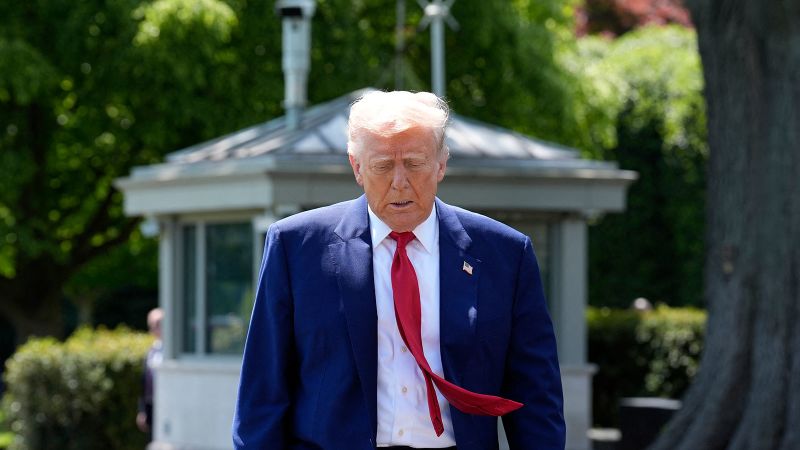On Sunday night, the ongoing trade conflict initiated by President Trump transitioned from a focus on physical goods to encompassing a new territory: services. Traditionally, the trade war has revolved around tangible products such as automobiles, toys, consumables, and clothing—the items we routinely buy either online or in-store. However, it is important to note that these goods represent less than a quarter of the entire U.S. economy. The vast majority is composed of services, which includes tech giants like Google, Netflix, and Facebook, as well as essential industries such as banking and insurance.
In a surprising announcement via Truth Social, Trump declared his intention to impose a staggering 100% tariff on movies produced abroad that enter the United States. This bold statement sent shockwaves through Hollywood, with studio executives and industry insiders left bewildered about how a tariff on films would even operate. Would it require a clear definition of a movie’s market value, or how much of it must be produced overseas to qualify as an “import”? Furthermore, this directive brought into question the practicalities of enforcing such tariffs.
Hollywood figures were quick to react. Actor Jon Voight, a known Trump supporter, mentioned in a recent meeting with the President the possibility of certain tax provisions to spur growth in the film sector. Voight’s comments leaned toward incentives rather than punitive measures, encapsulating a softer approach compared to Trump’s harsh tariff rhetoric. Meanwhile, California Governor Gavin Newsom urged Trump to collaborate with the state on a proposed $7.5 billion federal tax credit aimed at revitalizing the movie and television industry in the U.S. By focusing on tax incentives rather than punitive tariffs, Newsom appears to advocate for a cooperative relationship that emphasizes partnership rather than confrontation.
In the days following Trump’s announcement, the White House clarified that no definitive decisions had yet been made regarding the proposed tariffs. Trump’s later remarks during a press conference indicated a desire to consult with the film industry to gauge their responses. However, reactions from major studio executives were overwhelmingly negative, with many expressing frustration and concern over the potential ramifications of such tariffs. Stocks for prominent companies in the entertainment sector, including Netflix and Disney, experienced declines in the wake of Trump’s announcement, reflecting the market’s apprehension regarding the future of film production in the United States.
This situation underscored an ongoing issue within Hollywood known as “runaway production,” whereby studios are increasingly lured to foreign locales offering generous tax breaks. Observing this trend, Newsom has put forth a bold initiative to counteract this practice with substantial incentives to keep productions local. It seems that while Trump might have identified a real problem, the proposed solution of an import tax could lead to significant negative consequences for the industry, potentially crippling production altogether.
The distinction between goods and services plays a crucial role in this discussion. While the U.S. does import more goods than it exports, the situation is reversed in the realm of services, where the nation boasts a considerable surplus. This creates a delicate balance in international relations; if Trump were to enact movie tariffs, the risk of retaliatory measures from other service-based economies could escalate tensions and put U.S. interests at risk.
Economists have pointed out the dangers of this proposed move, indicating that it could lead to significant vulnerabilities in various sectors. The fear is that a retaliatory stance from trading partners could manifest, creating a chain reaction detrimental to various economic activities associated with American services abroad.
Trump’s announcement seemed disconcerting, given the lack of clarity surrounding the execution of such tariffs. The context of his communication—dramatized and vague—suggested that he might not take the proposition seriously. His typical late-night social media musings raised questions about the sincerity of his statements.
All in all, while the idea of instituting tariffs on internationally produced films may resonate with certain sentiments regarding trade fairness, the implications and feasibility of such a policy remain fraught with complexity. As the U.S. faces challenges in keeping its film industry competitive, a more constructive approach through incentives and collaboration appears to be a path worth exploring rather than punitive tariffs—which seem unlikely to yield favorable outcomes for the industry.



